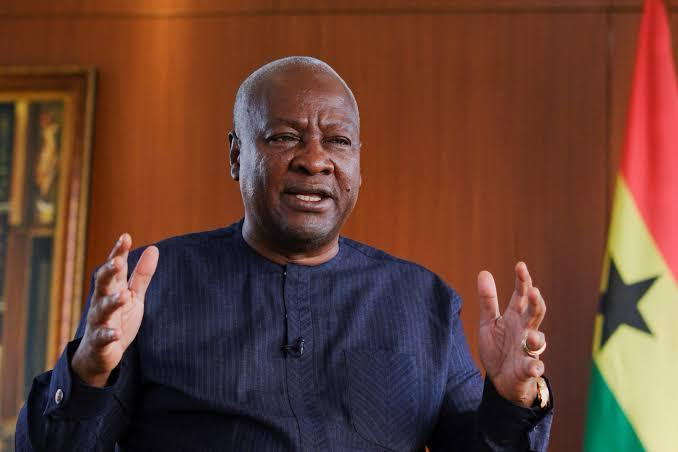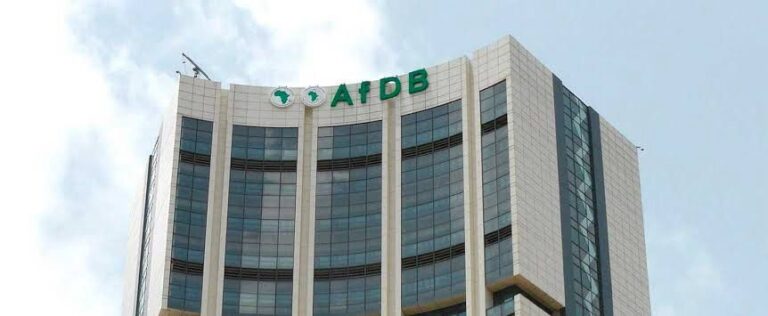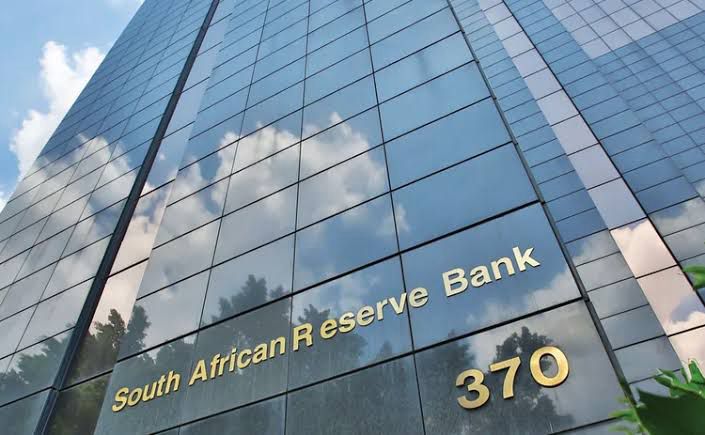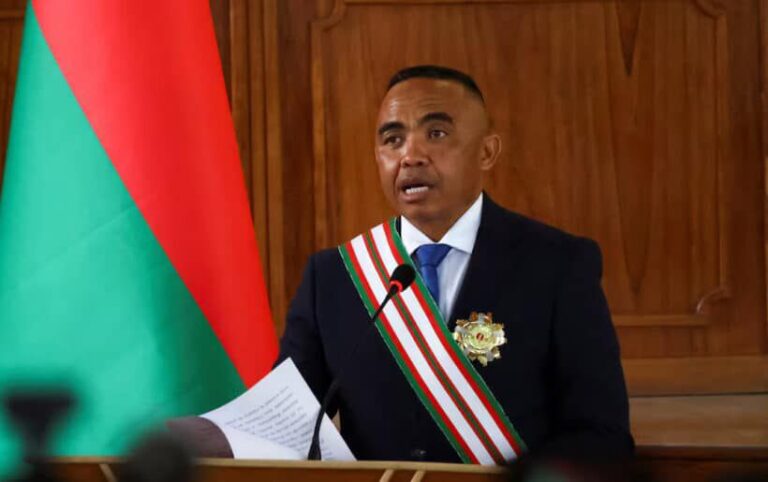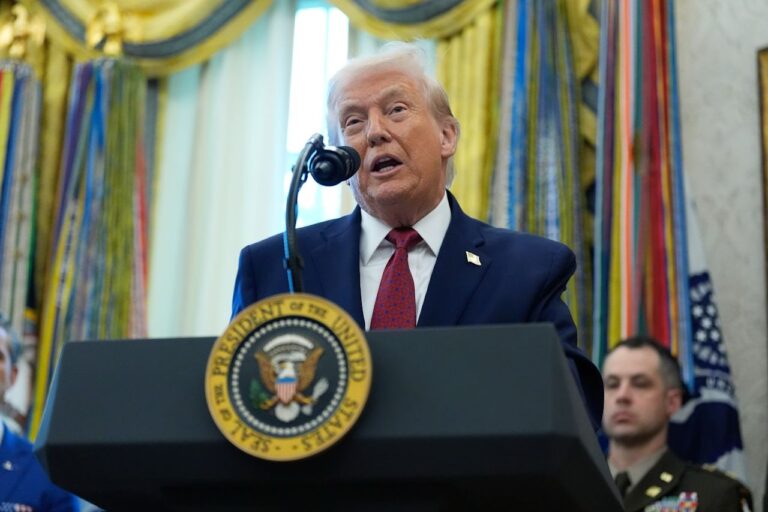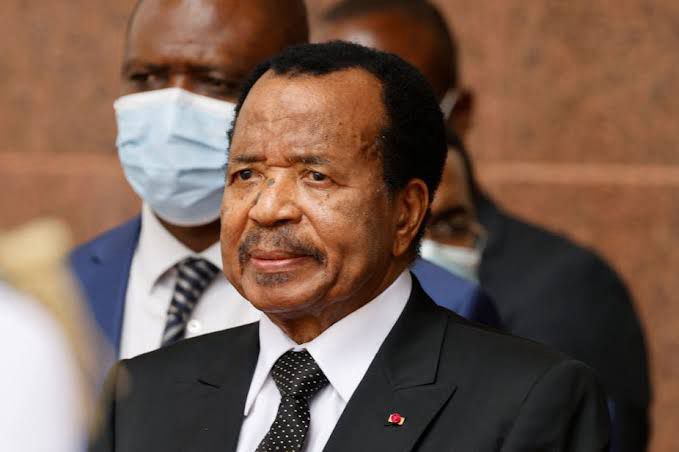Ghana has successfully achieved a monumental economic goal, with its annual consumer inflation rate plunging into single-digit territory in September. According to data released on Wednesday by the Ghana Statistical Service (GSS), the headline inflation rate fell to 9.4% year-on-year, a dramatic reduction from 11.5% recorded in August 2025.
This landmark figure represents the first time Ghana has recorded single-digit inflation since October 2021 and signifies the successful culmination of a sustained disinflationary campaign. The drop not only surpasses market expectations but also definitively brings inflation well below the government’s end-of-year target.
On a month on month basis inflation dropped 2.1% in September marking one of the sharpest in the current disinflation cycle. The 9.4% rate for September extends Ghana’s streak of consecutive nine monthly declines, underscoring a decisive shift in the country’s macroeconomic stability.
The Bank of Ghana (BOG) slashed its key interest rate in September by a record 350 basis points from 25% to 21.5%, citing a sustained decline in inflation and an improving macroeconomic outlook.
Ghana’s inflation rate peaked at over 54% in December 2022, driven by global shocks (COVID-19 and Russia& Ukraine war) which led to soaring global food and fuel prices; this shocks saw the Ghana cedis depreciate 60% against the US dollar; however in the first quarter of 2025 cedi appreciated 20% against the dollar.
Ghana’s inflation rates (year-on-year) CPI

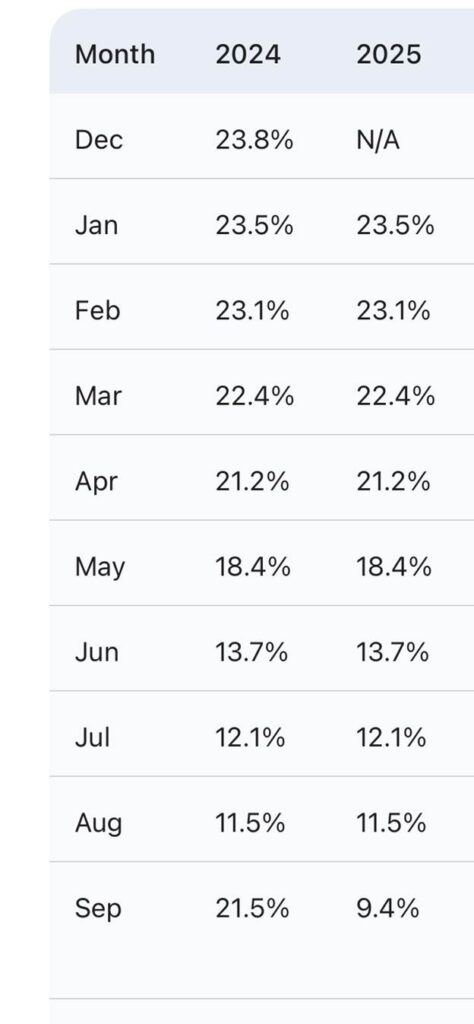
In 2023, the International Monetary Fund (IMF) supported the West African country’s economic recovery with a three-year Extended Credit Facility (ECF) Arrangement of $3 billion.
The ECF’s main objective was to restore macroeconomic stability and debt sustainability. Achieving the disinflation targets, with Bank of Ghana’s medium-term target of 6% was central to this success.
Implementation of aggressive fiscal consolidation measures, including expanded tax revenue mobilization and tighter expenditure controls, to reduce Ghana’s large fiscal deficit, were part of the restructuring that came with the IMF program.
For the average Ghanaian household, single-digit inflation signals an end to the most acute phase of the cost-of-living crisis, stabilizing prices and offering a clearer outlook for personal financial planning.




